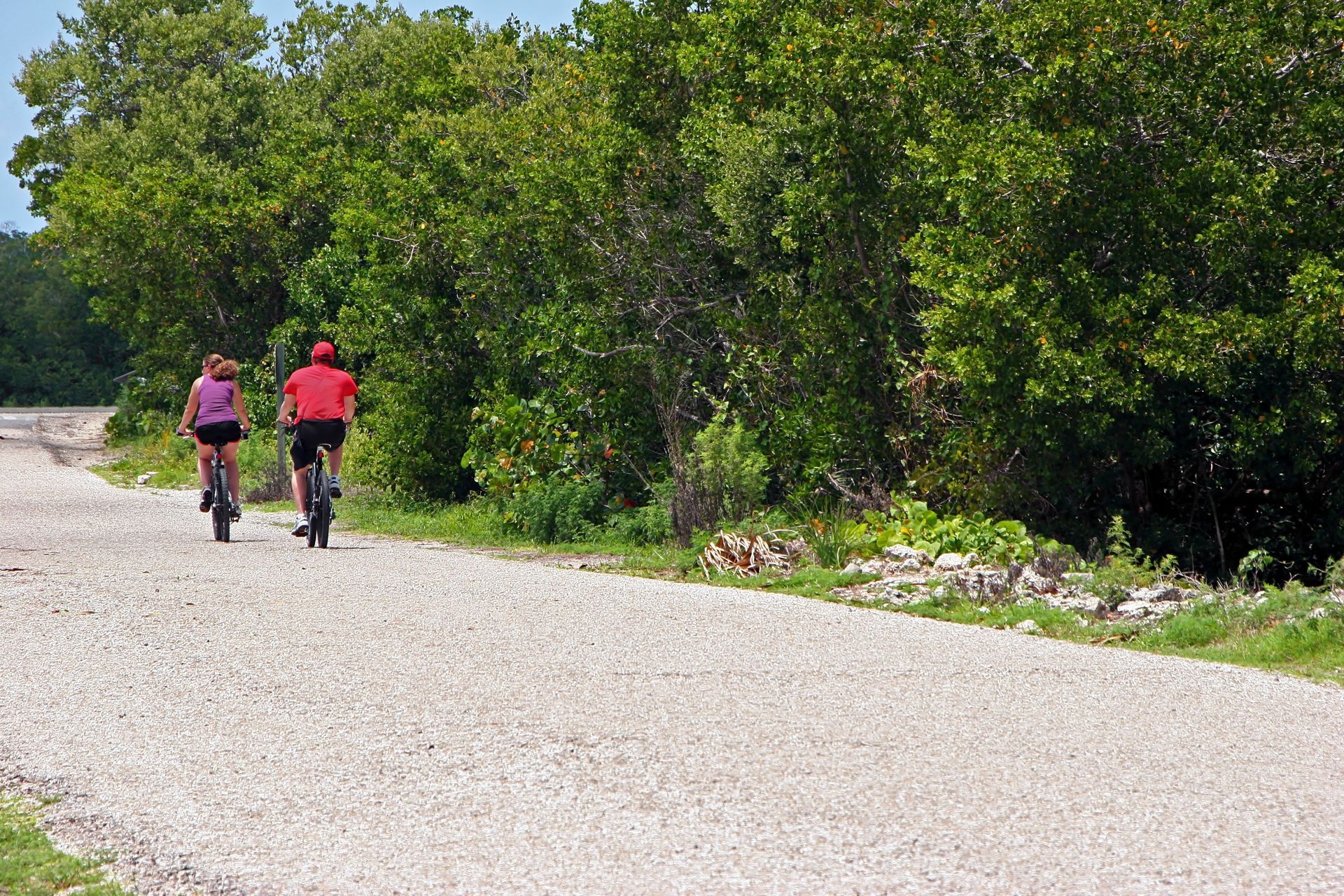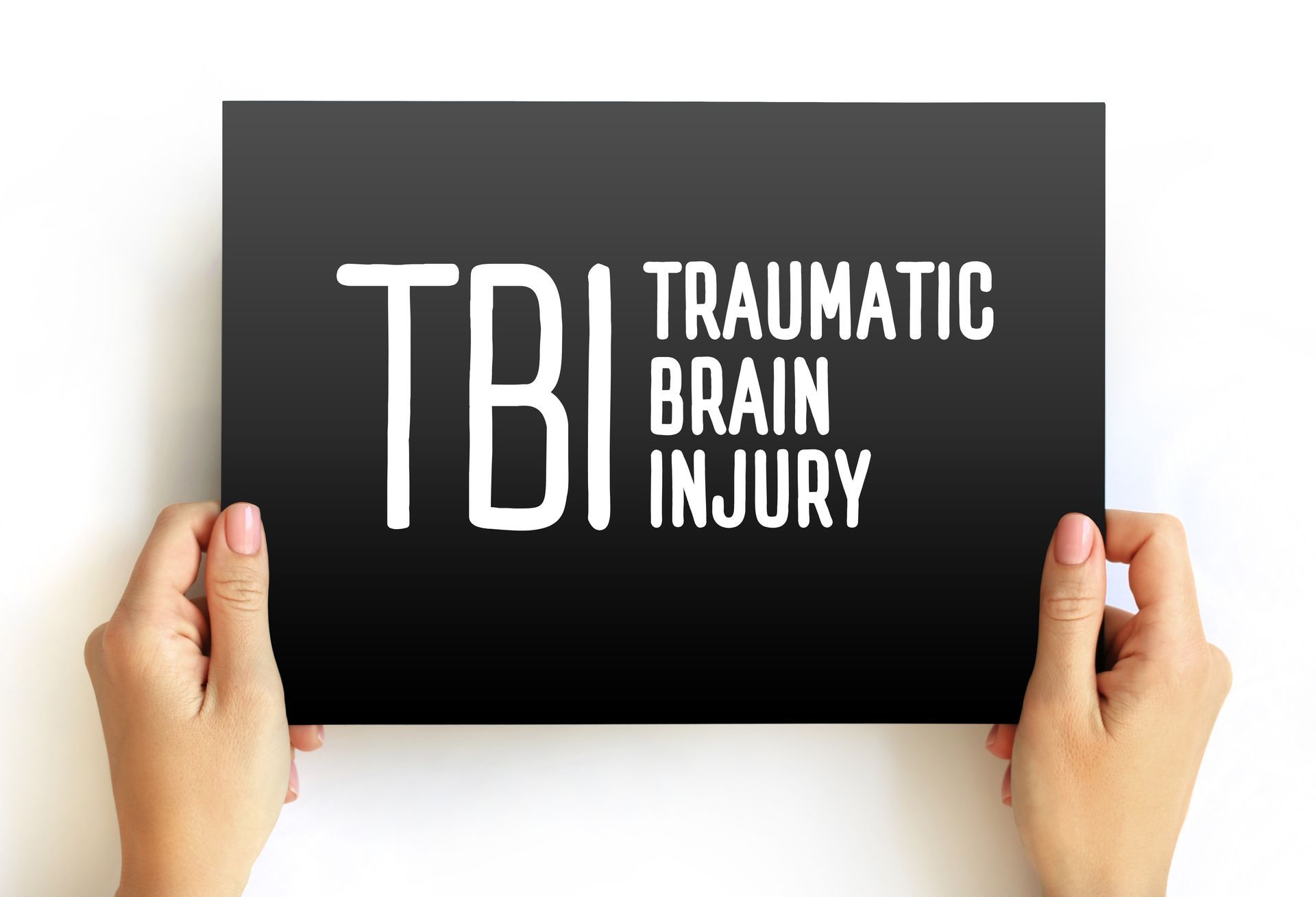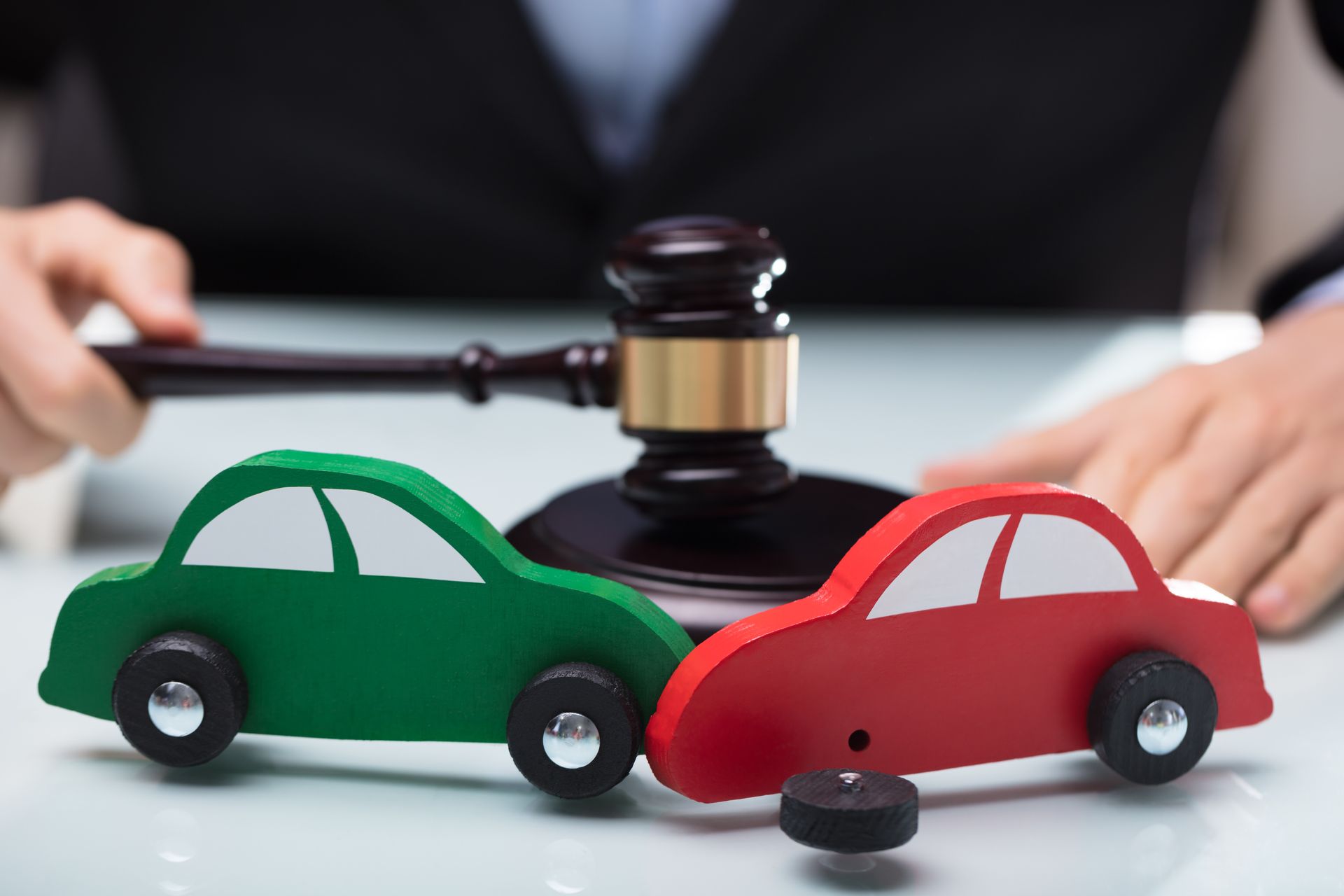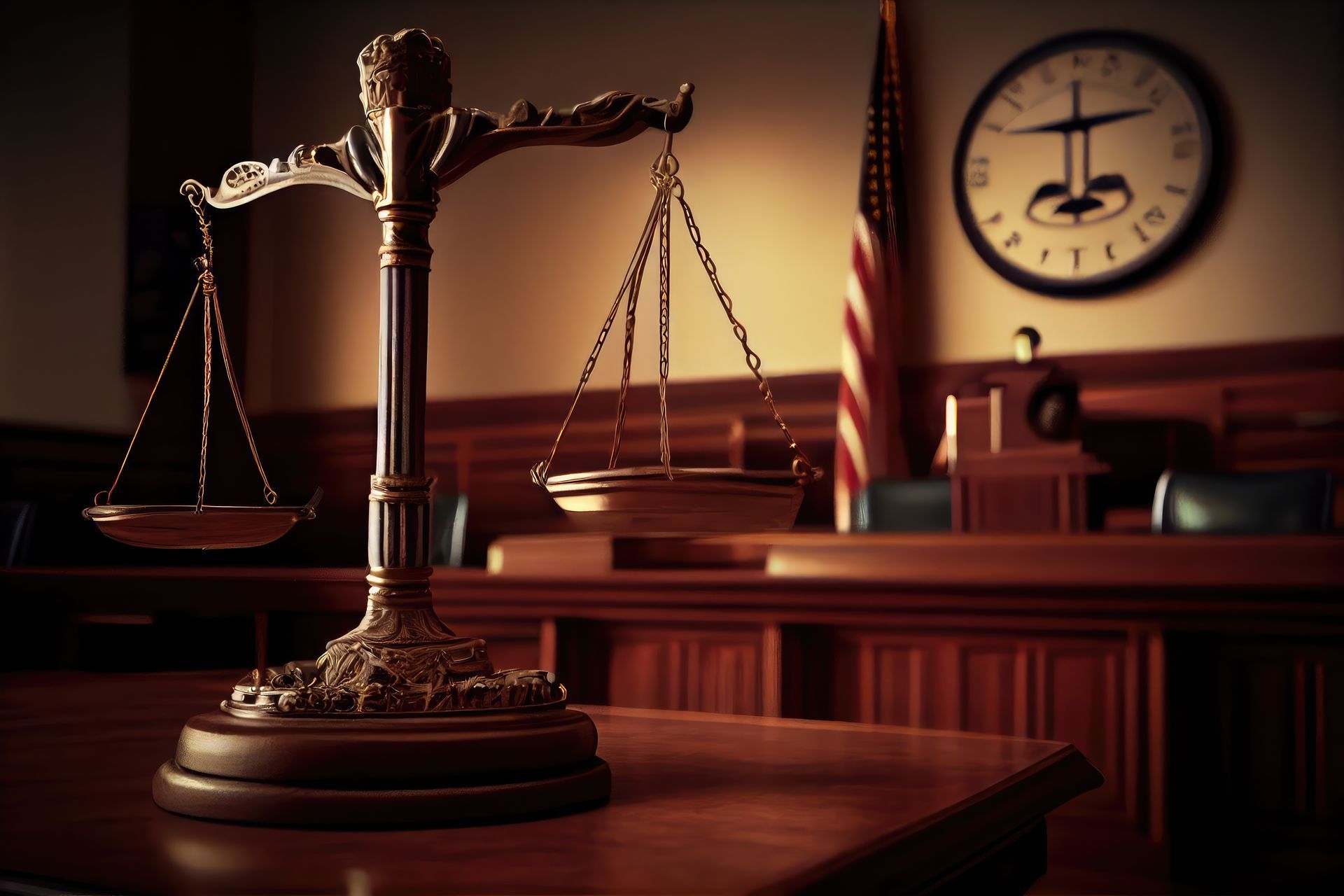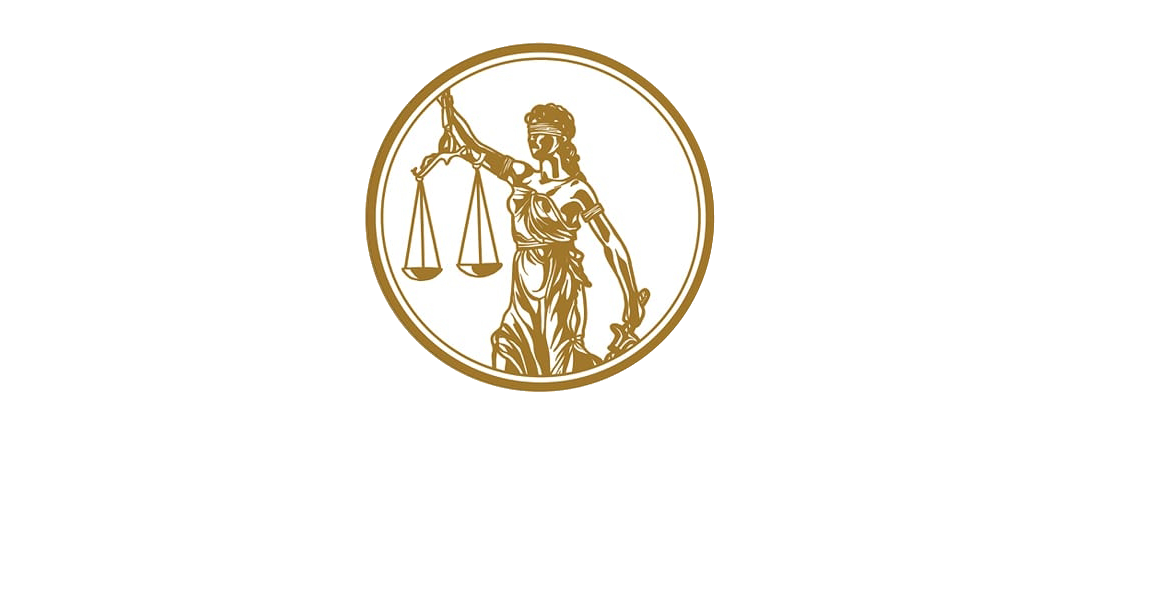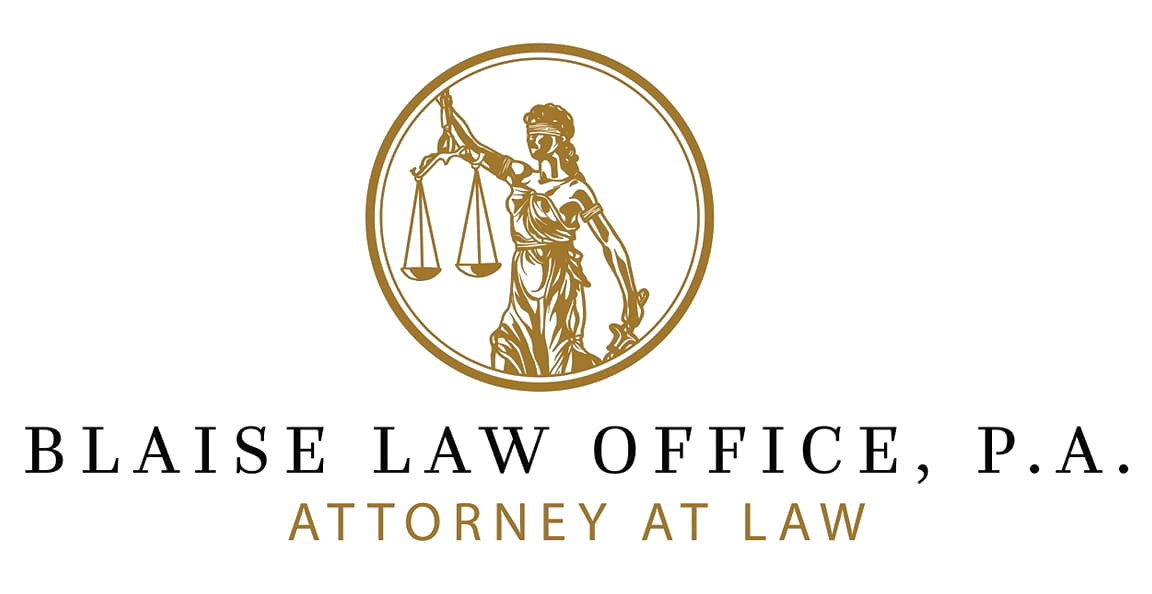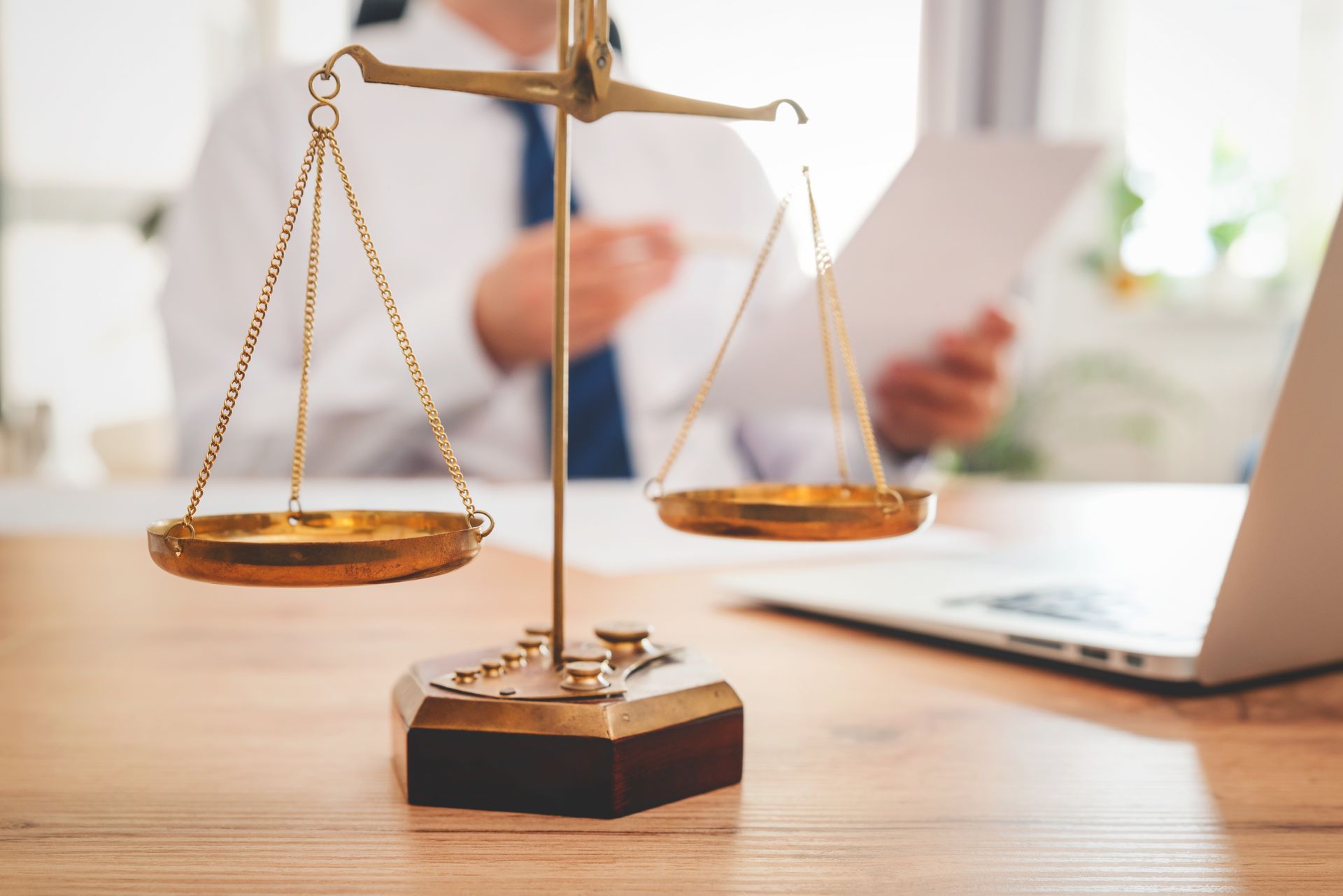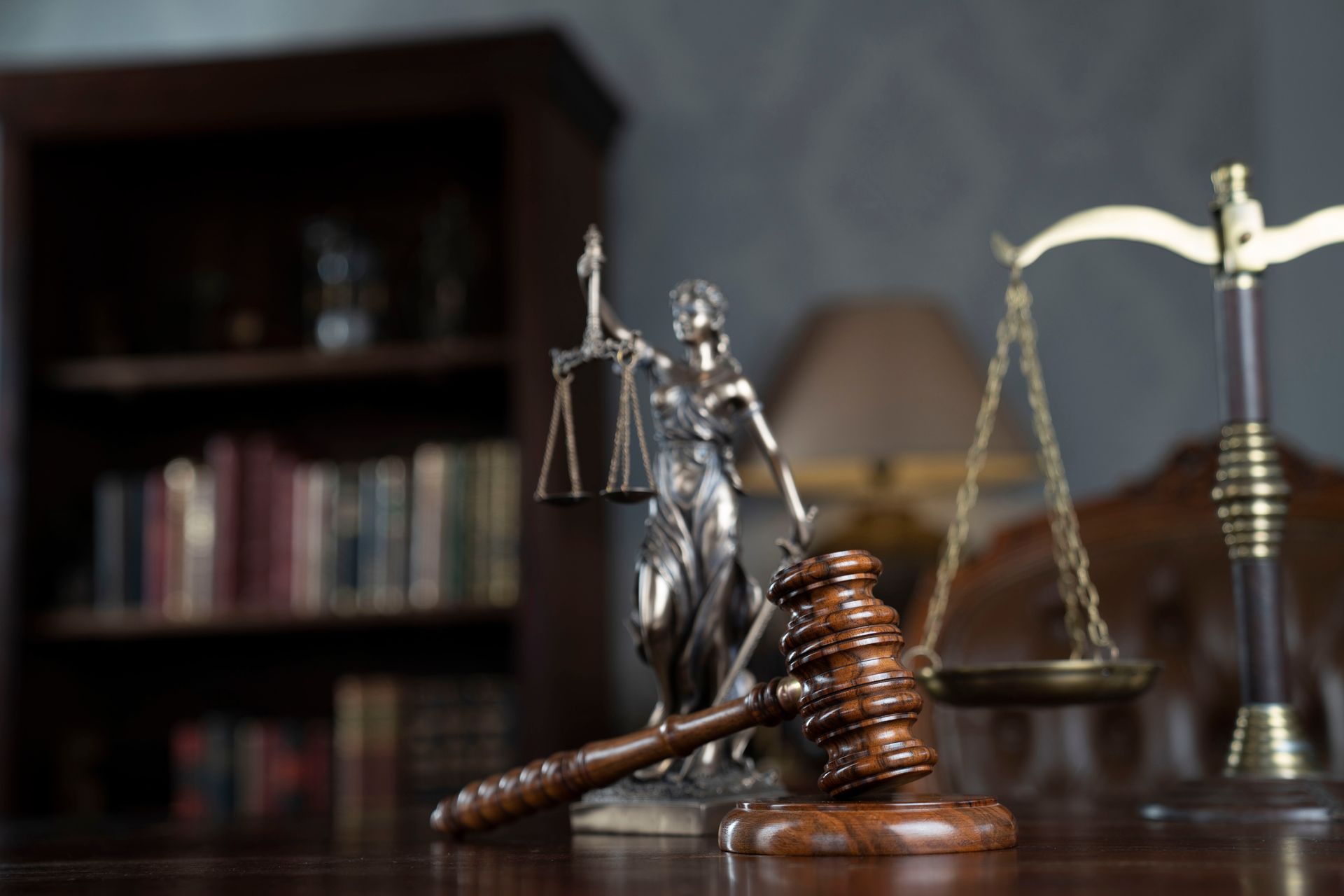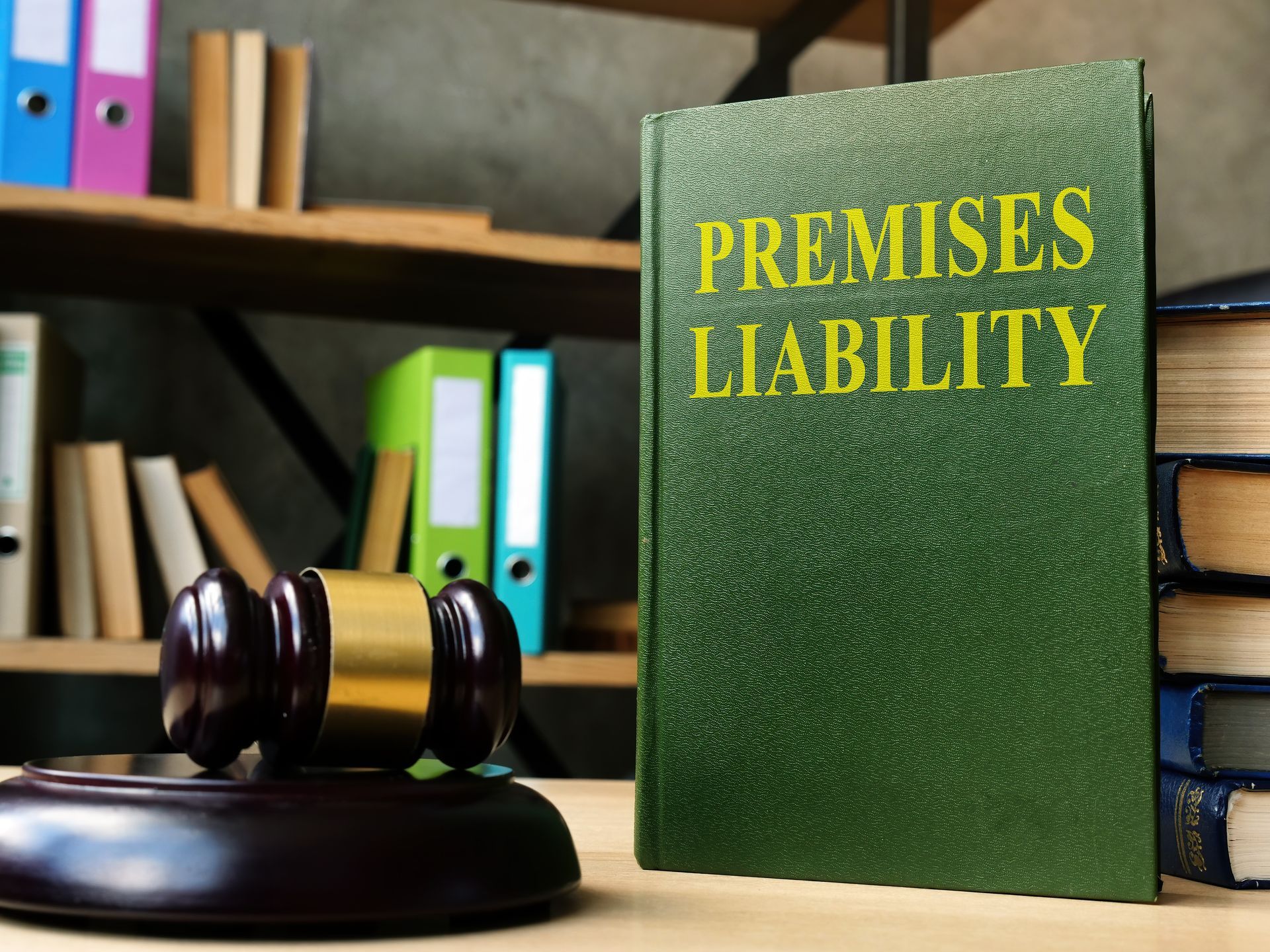Why Evidence Matters in an Animal Attack Case
Why Evidence Matters in an Animal Attack Case
When an animal attack occurs, evidence plays a critical role in proving liability and securing compensation for injuries. Without proper documentation, it can be challenging to establish what happened, who is responsible, and the extent of damages. Collecting the right information as soon as possible helps build a strong foundation for a legal claim.
Photographic and Video Evidence
Capturing clear images and videos of injuries, the scene of the attack, and the animal involved is one of the most effective ways to document an incident. Photos should include wounds, torn clothing, and any property damage. If the attack occurred in a public area, surveillance footage from nearby businesses or homes may provide additional support.
Gathering Witness Statements
Eyewitness accounts can strengthen an animal attack case by providing independent perspectives on what happened. If bystanders saw the attack, their statements can confirm key details such as whether the animal was aggressive, off-leash, or without proper restraint. Gathering witness names and contact information immediately after the incident can be valuable for future legal proceedings.
Obtaining Medical Records and Treatment Documentation
Seeking medical attention after an animal attack is not only important for health and safety but also for legal purposes. Medical records document the severity of injuries, the treatment received, and any long-term effects. Keeping copies of hospital visits, prescriptions, and doctor’s notes creates a clear record of the physical and financial impact of the attack.
Identifying the Animal and Owner
Determining who owns the animal is essential for pursuing a claim. If possible, obtain the owner’s name, address, and insurance details. Checking local animal control records or previous complaints can also help establish whether the animal has a history of aggression. This information can be used to support claims of negligence or lack of proper restraint.
A strong personal injury case starts with gathering thorough and accurate evidence. Photographs, witness statements, medical records, and ownership details all contribute to proving liability and securing fair compensation. If you or a loved one has been injured in an animal attack, taking these steps can make a significant difference in protecting your rights.
